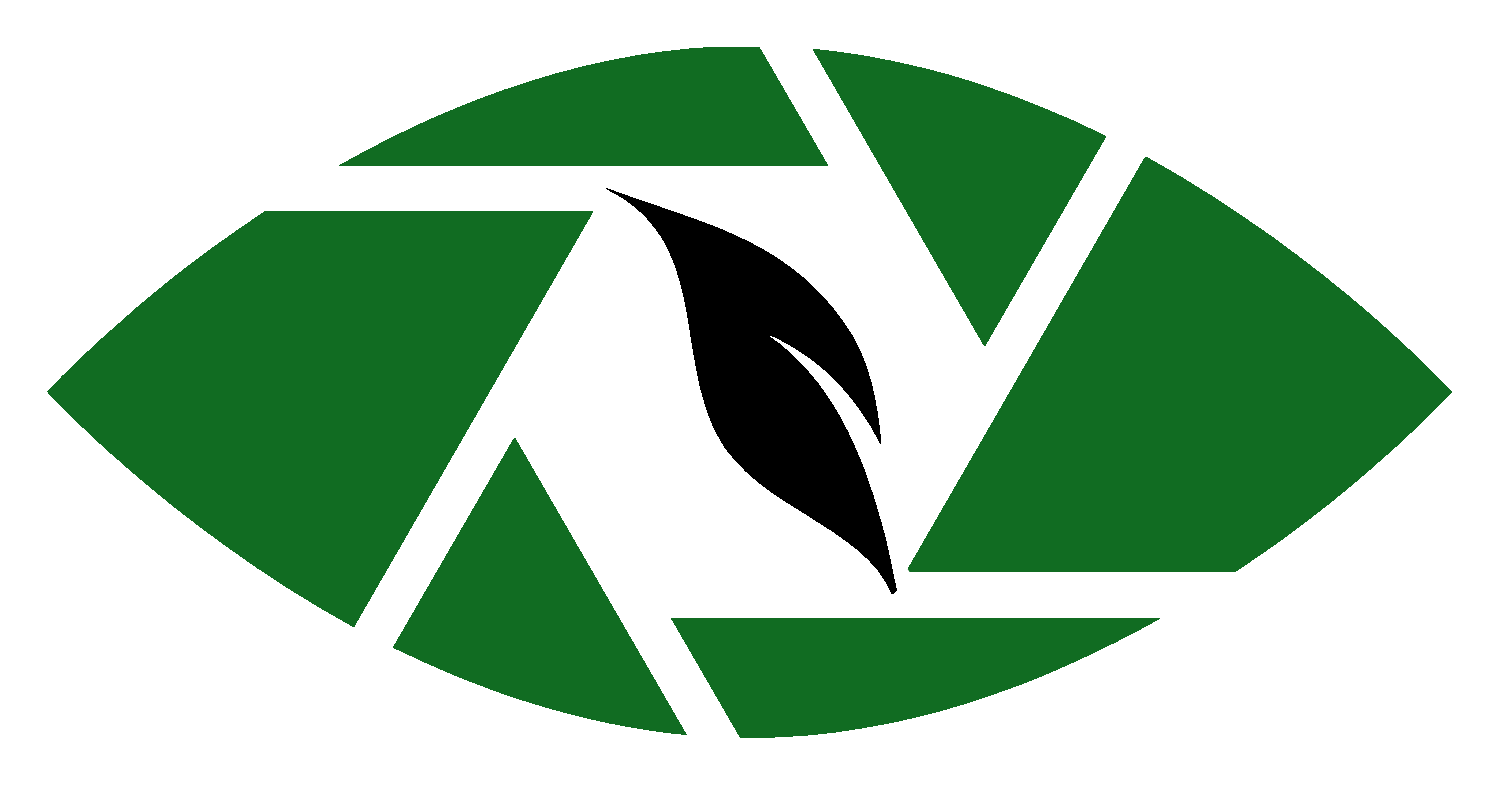
FFWildlife.org will be back soon
Due to unfortunate circumstances the FFWildlife site is currently down, but
FFW themselves is still around and more active than ever.
Please contact our team to join the discussion group if you're not already on there, and to be notified about the new site launch when it happens:
contact@ffwildlife.org
Alternatively, you can follow us on our social accounts to hear more: